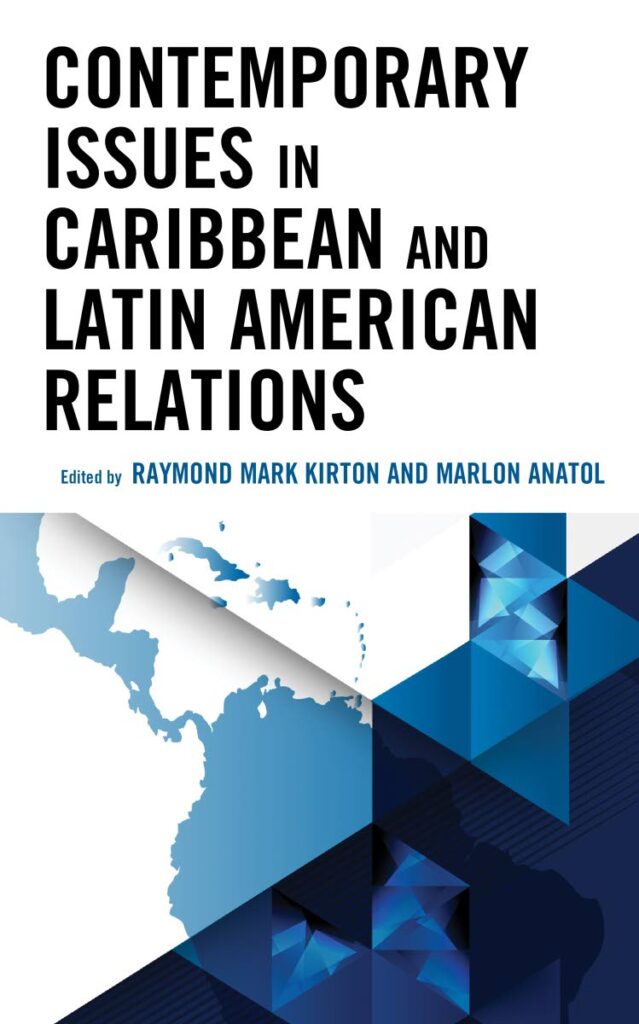New book explores Caribbean, Latin American issues

In an online event on Saturday, the Cipriani College of Labour and Co-operative Studies launched the book Contemporary Issues in Caribbean and Latin American Relations.
Edited by Dr Raymond Mark Kirton and Dr Marlon Anatol, the book features research and discourse on several regional issues including: climate change, education, health, security, economic development and the effect of the Venezuelan crisis on the Caribbean’s small island states.
Speaking at the launch, a proud Kirton said the book is a result of “evidence-based research on issues of significance importance to the region.”
He added, “It is significant to note that in the midst of a pandemic, which has impacted the Caribbean and Latin America, both young and experienced academic professionals devoted significant energy to do research in an effort to ensure the advancement of data driven inquiry into issues which impact both the Caribbean and Latin America."
Thanking the college’s leadership for their contribution to the book’s development, Kirton said it showed an understanding of the importance of the discourse surrounding the lives of the working class.
He called on academics in the region to recognise the importance of data-driven research on regional issues.
He urged, “I believe that the academic communities of both the Caribbean and Latin America have a responsibility to present the kind of research and, for consideration, the kind of policies which could be utilised in favour of all of the region.
“I wish to implore our young academics and professionals to continue to contribute to the development of scholarly literature...they must provide policymakers in the wider audience with analysis of the problems and prospects for our region.”
Anatol said the book ties into the college’s vision of engaging in more robust and critical research in the future on issues that affect livelihoods in the region.
But in doing this research, Anatol said the college will continue to take an inclusive approach to ensure all multifaceted perspectives are gathered.
Anatol said the research "is not limited to any one perspective. I believe, like the speakers before me, that we must look at the new voices, perspectives and opinions on what matters, what makes us who we are and how do we do what we do better for national and regional development.”
Highlighting the diversity of the book’s researchers, Anatol said Trinidadians, Cubans, Barbadians, British, North Americans and Venezuelans worked on the book. Six of the ten researchers were women.
“This is indicative of the openness that we are trying to cultivate and continue.
“In initiating and continuing the dialogue, we have to ensure that all groups and subgroups…sit down and have conversations on how we move forward.”
Labour Minister Stephen Mc Clashie called the book a step in the right direction.
In doing research and making data readily available for all, he said, tertiary educations continue to do their part in shaping well-informed informed discourse around relevant societal issues and the development of policies.
Mc Clashie said, “I want to thank all those people who would have contributed to this book and who would have taken the idea of “what if we did things differently, how would the world look? How would Trinidad and Tobago look? How would the Caribbean look?
“By asking that question we go on to find ways to deal with the issues that are relevant and (in) which the book tries to find some kind of direction.”


Comments
"New book explores Caribbean, Latin American issues"